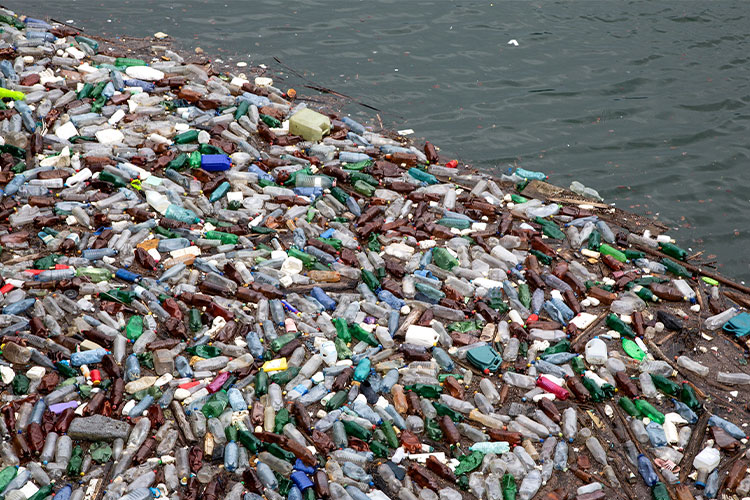
Every day approximately 8 million pieces of plastic pollution find their way into our oceans.
(OSPAR, 2009)
12 million tonnes of plastic are poured into the ocean every year.
(Eunomia, 2016)
Scientists have recently discovered microplastics embedded deep in the Arctic ice.
(Kelly et al., 2020)
Plastics consistently make up 80% of all marine debris studied.
(IUCN, 2020)
There may now be around 5.25 trillion macro and microplastic pieces floating in the open ocean. Weighing up to 269,000 tonnes.
(Eriksen, 2014)
100,000 marine mammals and turtles and 1 million sea birds are killed by marine plastic pollution annually.
(UK Government, 2018)
Approx 5,000 items of marine plastic pollution have been found per mile of beach in the UK.
(Marine Conservation Society, 2016)
90% of plastic is produced from feedstock obtained from fossil oil and gas.
(Plastic Atlas, 2019)
Producing one tonne of plastic generates up to 2.5 tonnes of carbon dioxide.
(Material Economics, 2018)
Plastic production has been forecast to grow by 60% by 2030 and to treble by 2050.
(Center for International Environmental Law, 2019)
Less than a third of all plastic in the UK is recycled.
(PlasticsEurope, 2020)
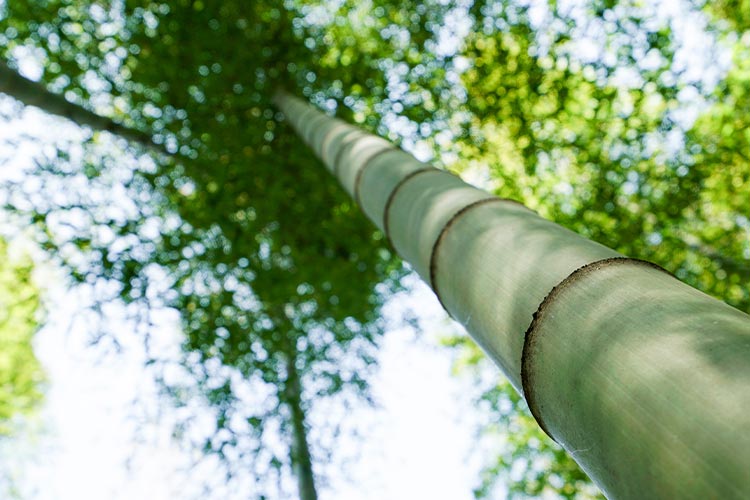
What Is Bamboo?
Bamboo is a fast growing and a naturally renewable tree-like grass.
"Bamboo is the fastest growing plant in the world, making two important contributions to energy conservation and emission reduction." Dr. Fu Jinhe, Director of INBAR East Africa Office said. First, bamboo growth can fix carbon dioxide in the air and reduce the total amount of carbon dioxide in the atmosphere. It only takes 2-3 months for bamboo shoots to break the ground to grow into Hsinchu with an average height of 10-30 meters, and the carbon sequestration potential is great. Moreover, the carbon sequestration effect of bamboo far exceeds that of trees. Generally speaking, trees need decades of growth before they can be harvested, but bamboos mature in 4-6 years and can be harvested. One study estimates that one hectare of bamboo and its products can store 306 tons of carbon over 60 years, compared to just 178 tons in a hectare of fir forest under the same conditions.
Bamboo also has great potential for everyday applications. More than a thousand years ago, Su Dongpo said that bamboo has infinite wonderful uses: "Bamboo shoots are eaten, bamboo tiles are housed, bamboo rafts are carried, bamboo fuel is used for cooking, bamboo skins are used for clothing, bamboo paper is used for books, bamboo shoes are used for shoes. It can be said that it is impossible to live without this gentleman for a day." Fu Jinhe said that the branches, leaves, roots, stems and bamboo shoots of bamboo can all be processed and utilized. Taking moso bamboo as an example, bamboo shoots can be eaten; and thickest rods can be used for flooring and furniture; the thinner rods on the upper part can be used for bamboo weaving, chopsticks, cutlery and toothpicks; bamboo branches can be used as brooms; bamboo leaves can be used to extract flavonoids from bamboo leaves; The bamboo roots and processing waste can be burned into bamboo charcoal. According to some statistics, bamboo has more than 10,000 uses in terms of clothing, food, housing and transportation.
Compared with tree harvesting, the development and utilization of bamboo forests will not damage the ecology. A bamboo forest usually grows bamboos of different ages, and mature bamboos are selected when cutting bamboos. This determines that bamboo forest harvesting is often only 1/5 or 1/3. The entire harvesting process does not delay the growth of other bamboos, has little impact on the ecosystem, and will not damage the ecosystem function of the bamboo forest and wildlife habitats. A bamboo forest grows Hsinchu every year, and with proper maintenance, it can operate for decades or even hundreds of years. Some bamboo forests in my country have grown for thousands of years and are still being developed and utilized.
In terms of rehabilitation of degraded land, reforestation, carbon sequestration, and poverty alleviation, bamboo can certainly be part of the solution as it provides countless benefits that can play a very important role in sustainable Development Goals.
Bamboo is the fastest growing plant on this planet. According to Guinness World Records some type of bamboo can grow up to 91cm/ day , which is nearly 4 cm/ hour. No plant grows faster than bamboo. The fastest growing bamboos are Moso, also called MAO ZHU in China.
According to statistics, the world produces nearly 400 million tons of plastics for packaging, construction and other purposes every year. Plastic pollution and the health hazards it brings are increasingly attracting global attention. Countries are looking for the best solution to replace plastic products.
"Bamboo plays a unique role in addressing a series of global challenges. The development of bamboo industry is conducive to poverty alleviation, bamboo raw materials can be converted into biomass energy, bamboo forests can play a strong carbon sink function, bamboo building materials can improve living conditions, and bamboo plants are also healthy It is an important part of the ecosystem and biodiversity landscape." Jiang Zehui, co-chairman of the board of directors of the International Bamboo and Rattan Organization, director of the International Bamboo and Rattan Center, and academician of the International Academy of Wood Sciences, introduced that among the 17 sustainable development goals of the United Nations, 7 are closely related to bamboo.
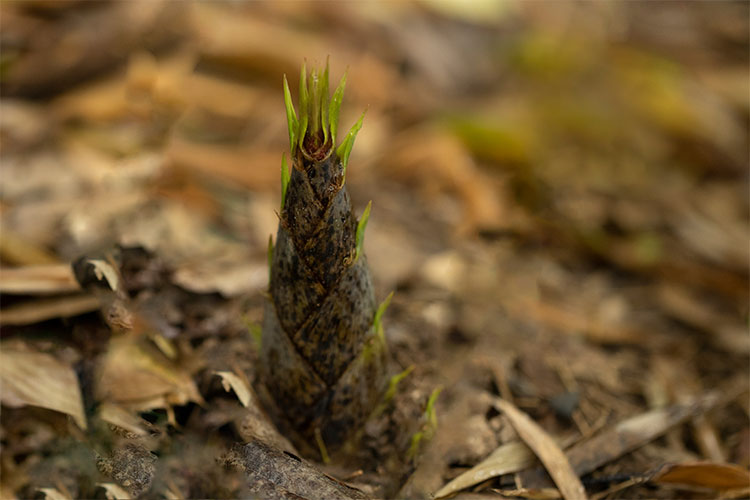
Today, the bamboo industry value chain covers all aspects of production and life. From disposable bamboo bags, bottles, paper, packaging, straws, crockery, cups and cutlery, to more durable products including electronic device casings, watches, eyeglass frames... Bamboo products can replace plastic products in many fields.
Muchium said that INBAR is committed to promoting the international community's recognition of bamboo as a nature-based solution and incorporating bamboo resources into national development strategies and action plans. Among the 48 member countries of the International Bamboo and Rattan Organization, nearly 40 countries have passed plastic bans or plastic restrictions. Many companies have begun to produce bamboo products to replace plastic products.
China is one of the most important bamboo-producing countries in the world. Bamboo resources, bamboo forest area, bamboo stock, bamboo output and foreign trade volume of bamboo products all rank among the top in the world. China's bamboo recycling industry chain consists of bamboo forest planting, logging, warehousing, processing, sales, and reuse, and has formed nearly 10,000 products in 10 fields.
Bamboo can be felled every year and grow every year. It is a sustainable species. It is widely distributed in more than 20 provinces across the country and has huge resource reserves. Bamboo can be used to replace plastic products in many fields such as daily necessities and packaging. There are more than 100 series and tens of thousands of varieties of bamboo products developed.
"What's more, bamboo's carbon sequestration capacity is twice that of a typical forest."
Bamboo is a sustainable and renewable resource as it continuously grows back without farmers' replanting. So in a word, as we expected the bamboo forests will develop much faster than tree forests. Compared to an equivalent tree, bamboo produces 35% more oxygen and research has shown that bamboo can absorb as much as 12 tonnes of carbon dioxide per hectare per year. That's a lot of carbon sequestration!
Bamboo can be harvested every year without damaging the plant or its productivity. The underground root system remains in place which holds nutrients for growing new culms. In facts, selective harvesting actually helps to keep the bamboo forest healthy and highly productive. Depending on the species, diameter, and final use, bamboo culms in a fully developed bamboo forest can be harvested at the age of 2-5 years. But on the other hands, hardwoods like oak take at least 40 years to mature.
An exciting information for you , if you plant bamboo today, in 7-10 years you could have high quality harvestable timber, and as same as each year in the rest of your life.
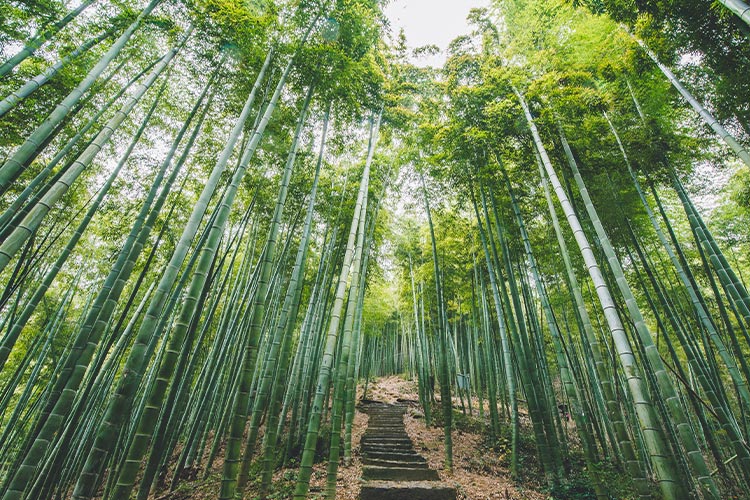
Bamboo is also a traditional food source in China. It’s not only panda eating bamboo as its delicious food.Humans have eaten bambooshoots for thousands of years. Often in Chinese dishes, bambooshoot is considered as low in fat and calories and can provide a good source of fiber and potassium. How does the bambooshoot taste? Maybe it is difficult to describe. Imagineing as a panda...ha ha
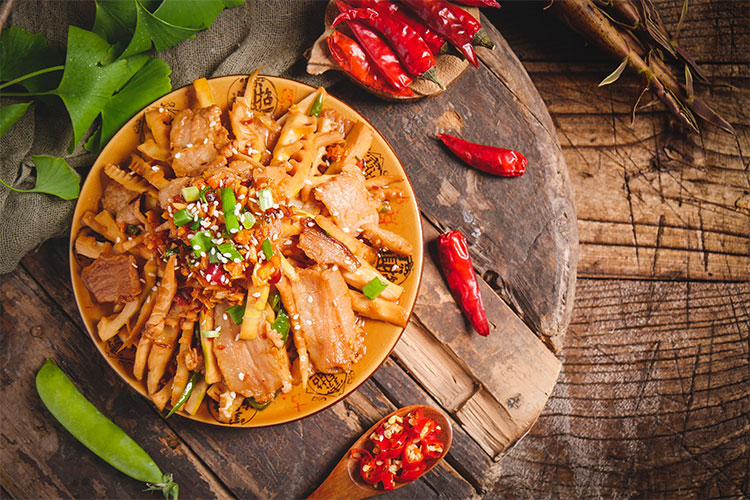
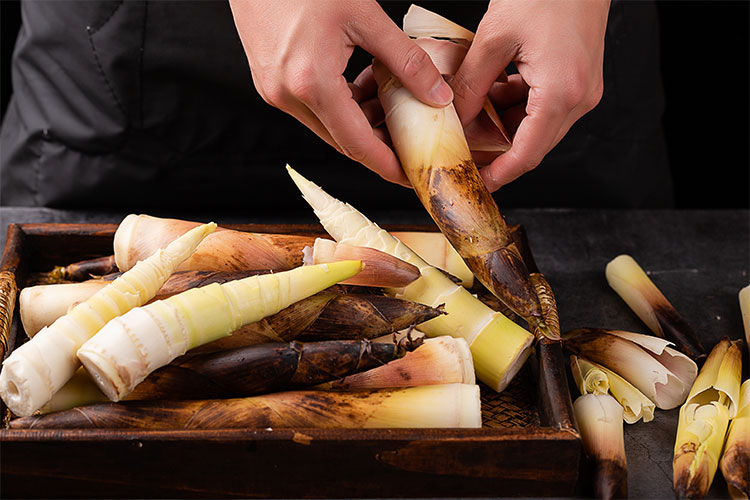
Bamboo is safe, soft and strong, also biodegradeble and compostable.
Bamboo is a natural resource that is 100% biodegradable and compostable, meaning that it will disintegrate naturally back into the earth, making for clean and safe soils.
Bamboo is sustainability grown. Incorporating this ‘green gold’ as even a proportion of our manufactured disposable bamboo cutlery which could present a significant step in helping to support our planet’s future.
So when it comes to the various eco-friendly alternatives to be used in disposable bamboo products, bamboo presents an excellent option!
[Bamboo is different from wood] If cutting the bamboo, more and more healthy ones come up. Forest is happy. If a happy forest is a productive forest that would be all the more truth of a grove like this. Because bamboo is said to be the world's most practical plant.
It is Fast growing
Doesn't need a lot of water
Doesn't need replant, Bambooshoots break out every Spring
Lightweight
Multipurpose
Antibacterial
Antifungal
Outputs a lot of oxygen
Doesn't need pesticides
Doesn't need fertiliser
Strong and durable . Bamboo is a gift from our ancestors and our motherland. We just have to cherish and protect it. So we can safeguard it for our grandchildren’s future...and they will live peacefully.
The Chinese saying" 宁可食无肉,不可居无竹“,means:
The ancients would rather surrounding by bamboo, than eating delicious meat. Without meat perhaps to be weak, without bamboo may be lacking refinement.
How amazing bamboo!
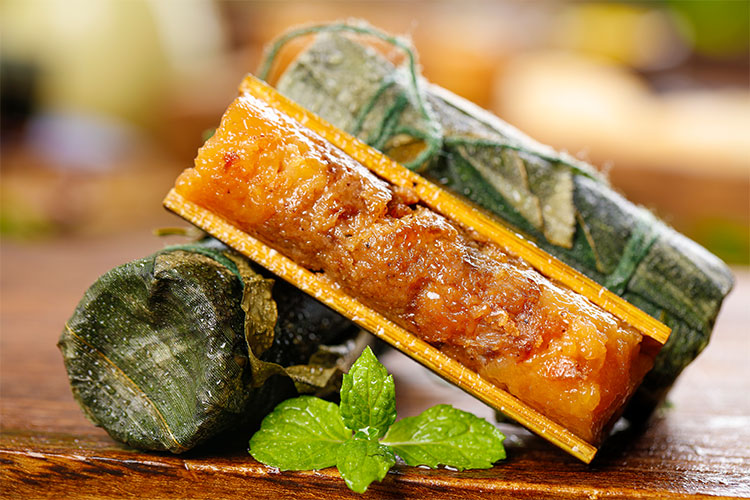
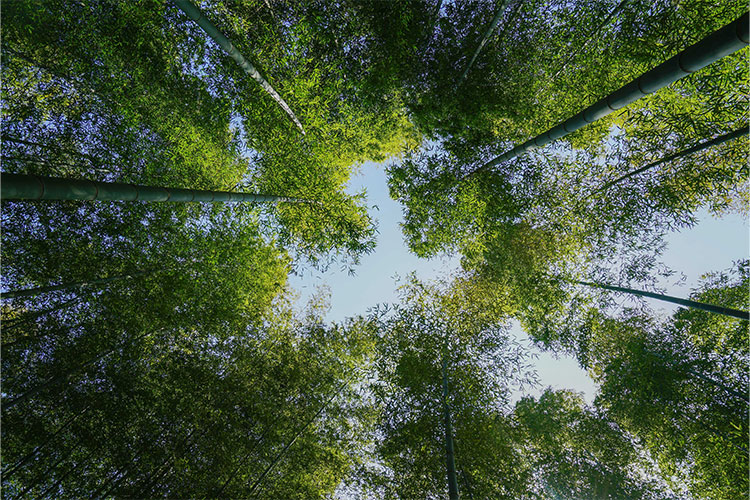
Microplastics found in human blood for first tim
Scotland to ban most single-use plastic from Jun
ban single-use plastic cutlery
Contact: Serena Cao
Phone: +86-13548589017
Tel: +86-13548589017
Email: serena@hnhrbamboo.com
Add: Building 7, Zhangmuqiao industrial park, Deshan economic development zone, Changde city, Hunan province.
We chat
